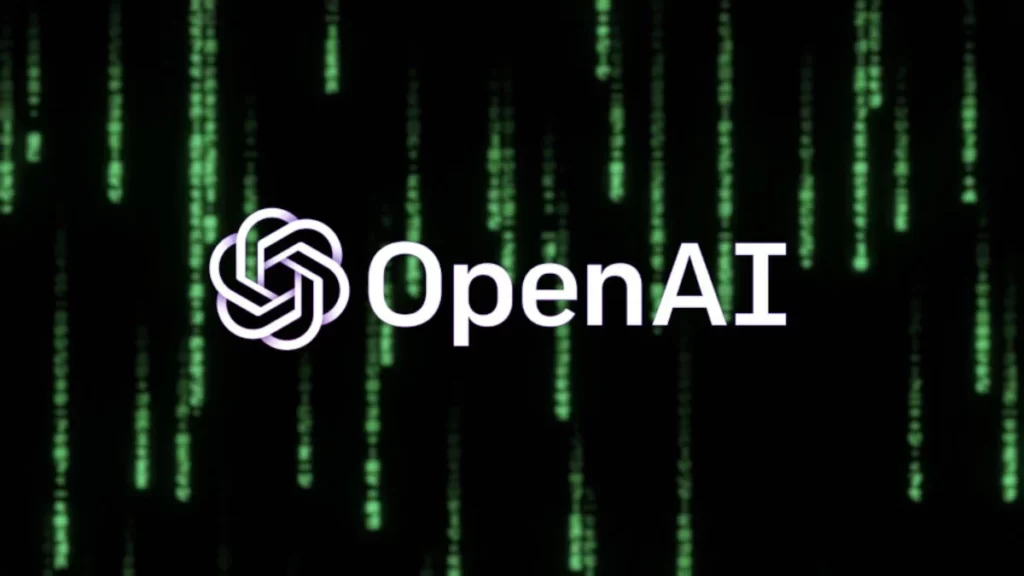OpenAI, a technology company known for developing some of the most advanced AI systems, has promised not to spy on its users to train its AI models. OpenAI requires data to train its AI models, but the company is committed to protecting the privacy of its users.

OpenAI uses a technique called “federated learning” to train its AI models. This technique allows OpenAI to train its models using data from many users instead of collecting data from individual users. This approach helps OpenAI to create powerful AI models while maintaining the privacy of its users.
Many companies are under scrutiny for their data collection practices, and some collect data from users without their consent. OpenAI’s decision not to spy on users or violate their privacy is a positive step in building trust with its users and ensuring ethical and responsible training of its AI models.
OpenAI, a leading technology company in AI development, has announced that it will no longer use customer data to train its AI models without explicit consent. The decision came after the company faced criticism over its data collection practices and concerns over users’ privacy.
OpenAI will now implement a new system called “opt-in data sharing” where users can choose to share their data with the company to train its AI models. This means that OpenAI will no longer collect data from users by default and will only do so with the users’ consent.
The company has assured its users that their privacy is of utmost importance and that it will ensure responsible data practices. OpenAI will use anonymized data to train its AI models, which will prevent the identification of individual users.
OpenAI’s decision to address the criticism and change its data collection practices is a positive step towards building trust with its users. The company’s commitment to responsible data practices and protecting user privacy will be crucial in ensuring the ethical development of its AI models.
Overall, OpenAI is committed to responsible data practices and protecting its users’ privacy.










